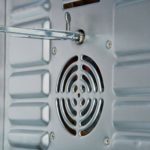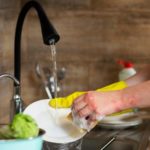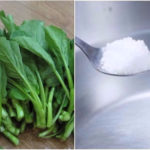Advantages and disadvantages of boiling chicken in cold water?
When boiling chicken, most housewives choose to cook it in cold water because if you cook the chicken this way, you have to constantly skim the foam to keep the chicken and the broth clean. However, the disadvantage of this method is that the chicken will be bland and prone to darkening, making it less appealing.
The reason is that when cold water starts to boil, it takes longer for the chicken to simmer in the water and the vitamins, nutrients, and sweetness of the meat will be released into the water more. However, the advantage of this cooking method is that the chicken cooks evenly from the inside out without worrying about it being undercooked.
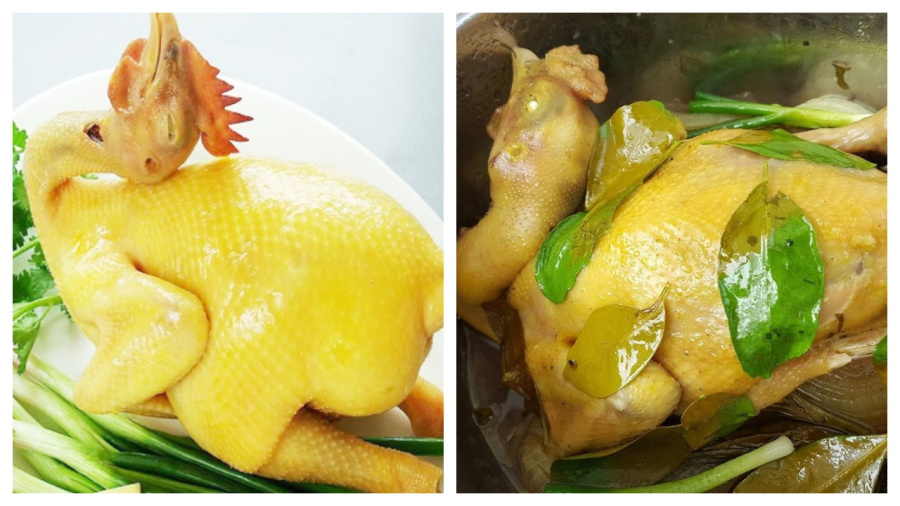
Advantages and disadvantages of boiling chicken in boiling water?
When you use boiling water to boil the chicken, it becomes more difficult and requires skillful handling and proper timing. The advantage of this method is that the chicken is sweeter as the nutrients inside are retained and not destroyed by prolonged boiling.
However, this cooking method also has its disadvantages, as it makes the chicken skin, meat fibers, and external protein compounds harden and stick together, causing the protein and any trapped dirt to accumulate and difficult to escape. In addition, this cooking method can cause the chicken meat to shrink and crack when cutting.
Advantages and disadvantages of boiling chicken with an open lid?
Boiling chicken with an open lid allows any residues of chemicals or growth-promoting substances in the meat to evaporate and not remain in the chicken, making it safer and more delicious to eat. However, due to the open lid, harmful chemicals or growth-promoting substances and some vitamins and nutrients in the chicken will also evaporate to some extent, making the chicken less flavorful.
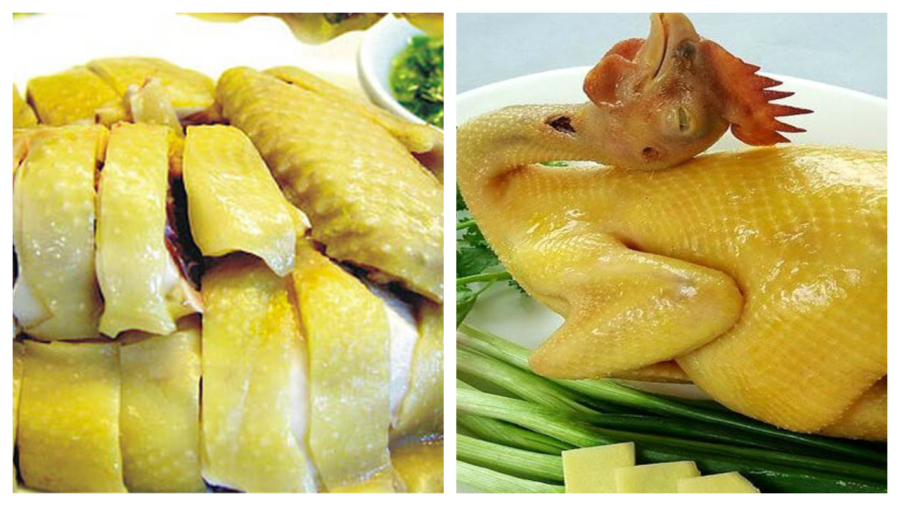
Advantages and disadvantages of boiling chicken with a covered lid?
Boiling chicken with a covered lid keeps the water boiling for a longer time, allowing the chicken to cook faster and retain the nutrients in the meat, resulting in a tastier and more flavorful dish. However, on the flip side, this cooking method will also retain any chemicals and growth-promoting substances in the chicken, which may not be safe for health.
However, each boiling method has its own advantages and disadvantages, so you should choose the one that suits your family the best.
























